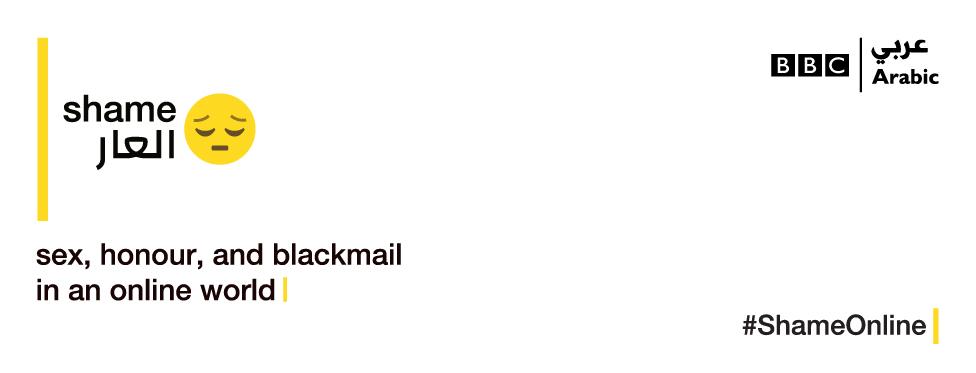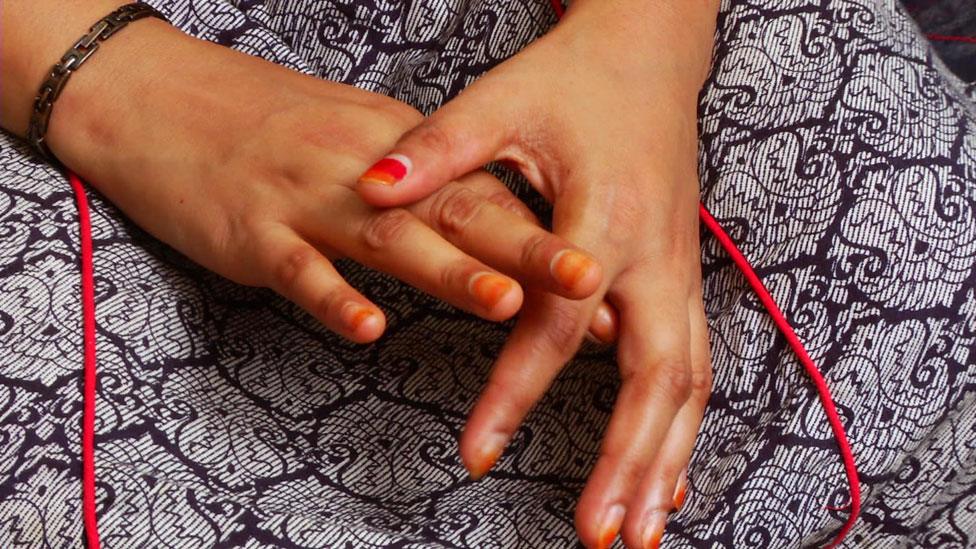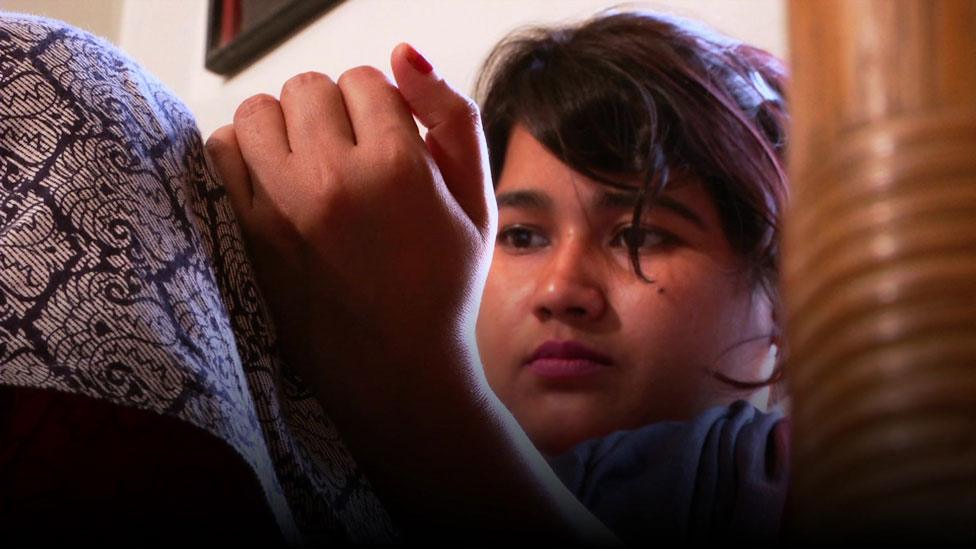Shamed again in the age of Facebook
- Published
In 2001, the brutal gang rape of a 13-year-old girl made headlines in Bangladesh. But up until this year Purnima Shil was still being abused and shamed on social media, writes Shahnaz Parveen.
"Two hundred yards from our home was a cremation ground. That's where they raped me.
"I could see their faces lit up by their own torch lights."
Purnima Shil was gang-raped in the village of Ullapara in northern Bangladesh. Twenty-five men were accused of the attack and 11 were later convicted.
"They were scratching me, tearing off my clothes, making dirty jokes," she says.
"At some point I lost consciousness."
When Purnima came round and stumbled home hours later, she found the house full of police.
"There was so much light, so many people in the house, and a truck full of police. They kept asking me, 'Did they rape you?' But I did not even know what rape was."
The brutality of the attack made front-page headlines in Bangladesh and was picked up by the international media.
But what has never been reported is that, 15 years later, Purnima still faces abuse online because of the stigma that clings to rape survivors in parts of Bangladesh.

#ShameOnline

This is one of a series of stories looking at a new and disturbing phenomenon - the use of private or sexually explicit images to threaten, blackmail and shame young people, mainly girls and women, in some of the world's most conservative societies. Explore all the stories and join the conversation here.

"In 2013, I discovered a Facebook page using my name and photo," she says.
"It had my office address and even my phone number. It was posting dirty words and dirty photos of women. There were posts that said, 'I am available for hire.'"
At the time Purnima was working at a local TV station, where many of her friends and colleagues accepted friend requests from the Facebook account, thinking it was genuine.
"They asked, 'Why are you posting these dirty pictures? Is this how you earn your living?' One friend even asked me how much I charge."
Ostracised by some of her colleagues, the object of malicious gossip and derision, Purnima left her job.
She never found out who was behind the Facebook page, which was finally taken down earlier this year after Purnima filed repeated complaints, with the help of a friend.

The online abuse was, for Purnima, just a new expression of a hostility she has faced her entire life - a hostility rooted in the belief that survivors of sexual assault are somehow sullied or worthless.
"All through school, college, and university, I've had to face this," she says.
"I couldn't walk in the street. People would point at me and say, 'That's the girl!'
"Some even grabbed hold of my hair and hit me. They used to say, 'She's been sullied, don't speak to her.' They used to call me 'the girl who was raped'."
Purnima now works as a private music teacher and finds solace in singing classical Bangla songs and playing the harmonium.
"When I feel weak, I lock myself in the room and sing," she says.

But she knows that, although the Facebook page has gone, the stigma will never entirely leave her.
"When I went back once to look at that page, one colleague had posted: 'Purnima, don't you have any shame?'
"But they are shaming me for something I did not do. This is not my shame. It's the shame of Bangladeshi society."